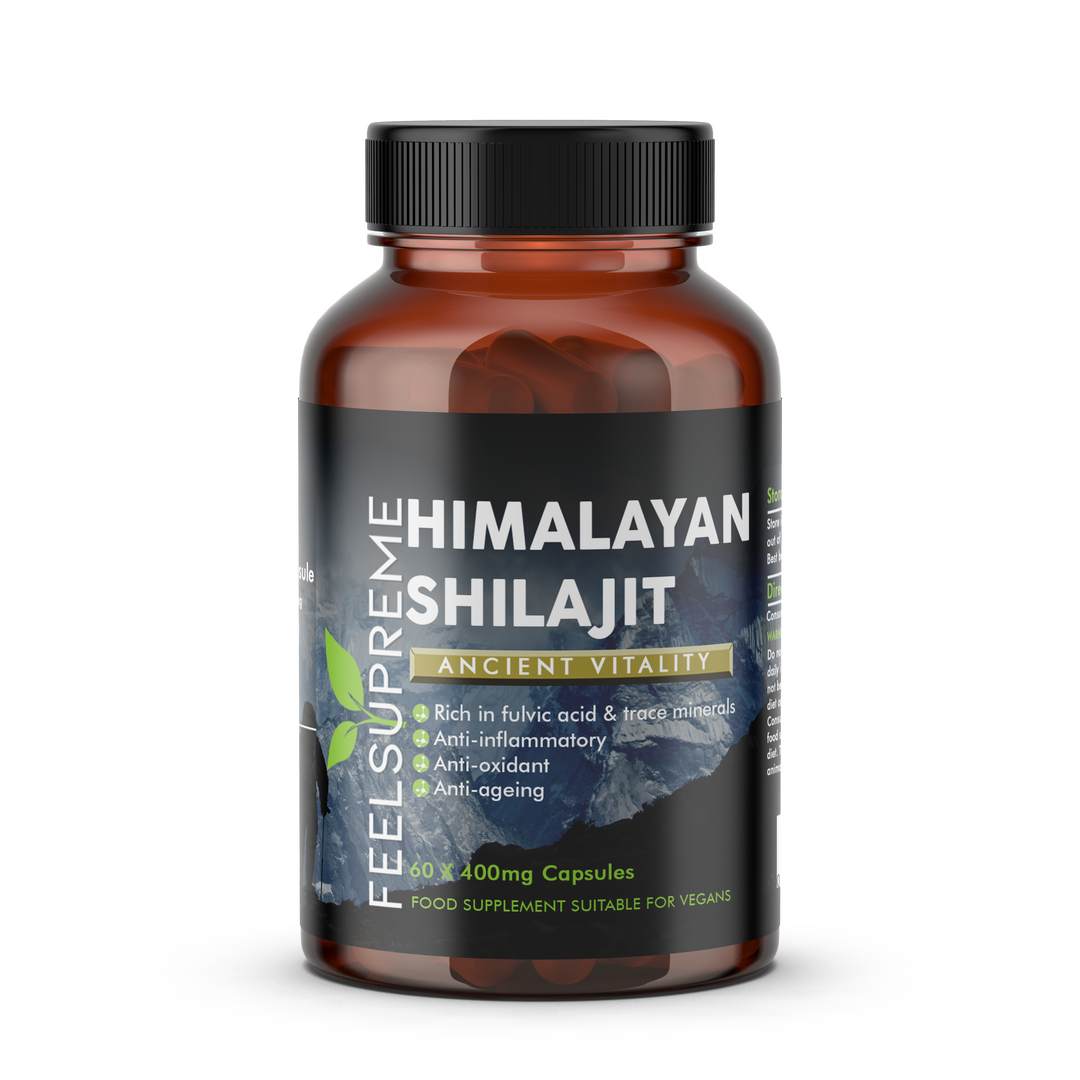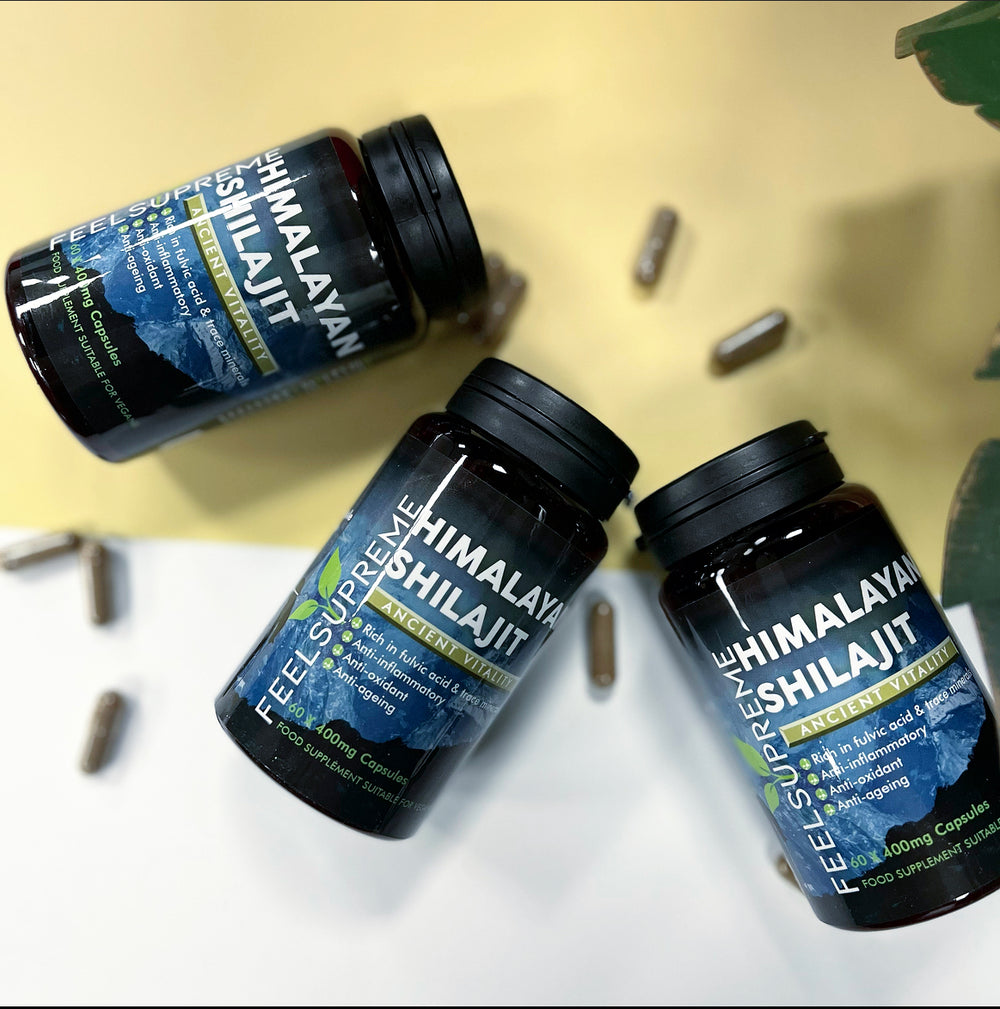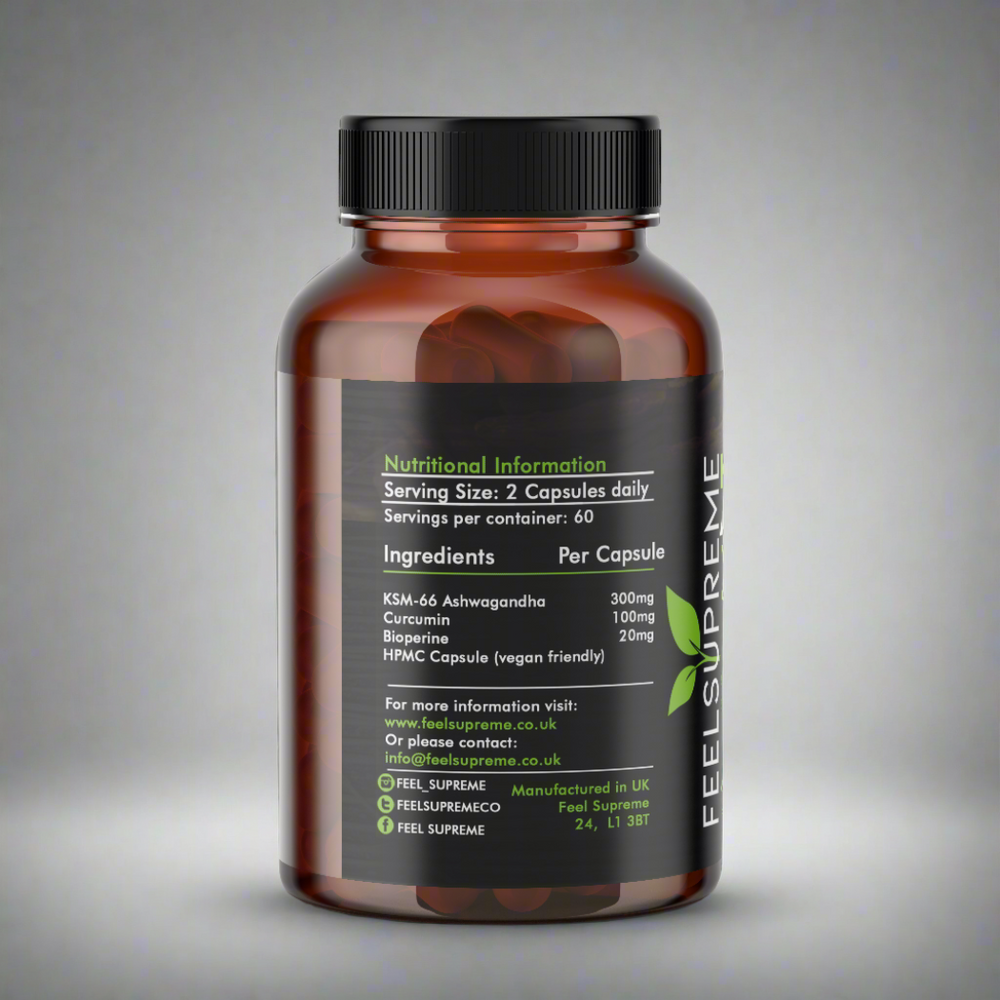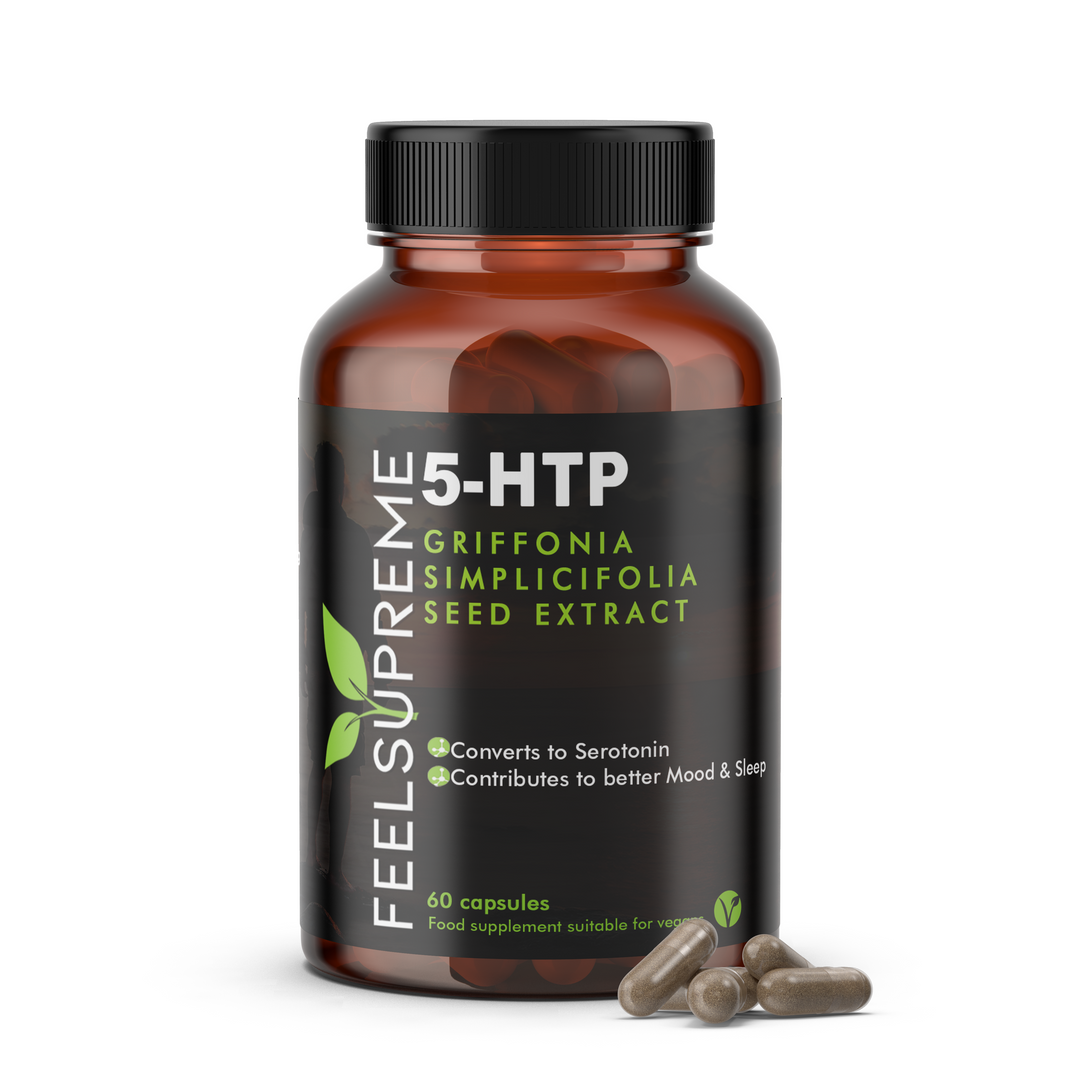It’s 2023, and the stigma around mental health is almost completely demolished. As a result, more individuals gain the courage to face their mental health problems and speak up about them. Because of this positive shift in the mindsets of many, we now see the emergence of more effective and innovative ways of overcoming stress, anxiety, depression, and other mental disorders. Shilajit by Himalaya is gaining popularity in the UK as a means of overcoming mental health challenges. This blog post discusses the correlation between this natural supplement and mental health. So read on as we try to answer the important question: is Shilajit really worth the time and money when it comes to mental health problems?
What is Himalayan Shilajit?
Shilajit is an adhesive black component found in the Himalayas mountains. Because of the curing abilities of this mysterious substance, ancient Sanskrit regarded it as the destroyer of weaknesses. You can discover scientific research about the effectiveness of Himalayan Shilajit in our article. Himalayan Shilajit is a popular part of Ayurvedic medicine due to its positive effects on the human body and mind. Shilajit contains a wide range of beneficial compounds, including fulvic and humic acid, minerals, and antioxidants.
How Does Himalayan Shilajit Work?
The science behind Shilajit and its beneficial properties lies in several key processes:
- Shilajit regulates the brain’s neurotransmitters and reduces inflammation due to its anti-inflammatory properties.
- Shilajit helps with the delivery of nutrients and oxygen to the body’s tissues and organs, enhancing overall health and well-being.
- Shilajit enhances mitochondrial function, which plays a vital role in energy production in the body.
Types of Shilajit
Himalayan Shilajit comes in various types, each characterized by a mountainous rock from which it exudes.
- Mineral shilajit: This type of shilajit is rich in minerals such as iron, copper, and magnesium and is often found in the form of rock-like deposits.
- Plant-based shilajit: This type of shilajit is formed by the decomposition of plant matter and is often found in a powdery or resinous form. It contains a wide range of beneficial compounds such as humic and fulvic acids, enzymes, and trace minerals.
- Mixed shilajit: As the name suggests, this type of shilajit is a blend of both mineral and plant-based shilajit, with a more balanced composition of minerals and organic compounds.
While all three types of shilajit offer health benefits, plant-based shilajit is considered to be the most potent and beneficial due to its high concentration of bioactive compounds. It is also easier to absorb and utilize by the body compared to mineral shilajit, which is relatively insoluble and difficult to digest.
Shilajit and Mental Health
Now that we have a better understanding of Himalayan shilajit and the science behind it, let’s dive into our main topic and see how shilajit can be beneficial for our mental health.
Shilajit and Depression
Depression is a common mental health condition that affects millions of people worldwide. Studies have shown that shilajit may be effective in reducing symptoms of depression. A 2015 study published in the Journal of Ethnopharmacology found that shilajit supplementation reduced symptoms of depression in rats. Another study published in the Indian Journal of Psychiatry found that shilajit supplementation improved symptoms of depression in patients with bipolar disorder.
Shilajit and Anxiety
Anxiety is another common mental health condition that can be debilitating. Preliminary studies suggest that shilajit may help reduce anxiety symptoms. A 2017 study published in the Journal of Traditional and Complementary Medicine found that shilajit supplementation reduced anxiety symptoms in rats.
Shilajit and Cognitive Function
Cognitive decline is a natural part of aging, but it can also be accelerated by certain conditions such as Alzheimer's disease. Shilajit has been shown to improve cognitive function in healthy individuals and those with cognitive impairment. A 2012 study published in the Journal of Alzheimer's Disease found that shilajit supplementation improved cognitive function in Alzheimer's patients.
Recommended Dosage
Another positive characteristic of Himalayan shilajit is the ease with which we can take the supplement. Shilajit comes in different forms, including shilajit capsules, powder, and resin. The amount of shilajit for overcoming mental health problems varies from person to person, depending on the medical history, mental condition, and age factors. So, as you’ve probably figured out by now, it’s essential to consult a doctor before taking Shilajit, as well as other natural supplements. The doctor will evaluate your symptoms and prescribe a necessary dosage for a specific time. Generally, the recommended dosage ranges from 250-1000 mg per day.
Wrapping it Up
Ultimately, Shilajit is a natural remedy used for centuries to improve overall health and well-being. While more research is needed, preliminary studies suggest that shilajit may be effective in reducing symptoms of depression and anxiety and improving cognitive function. Remember, if you're considering taking shilajit, it's essential to consult a healthcare professional first.
























